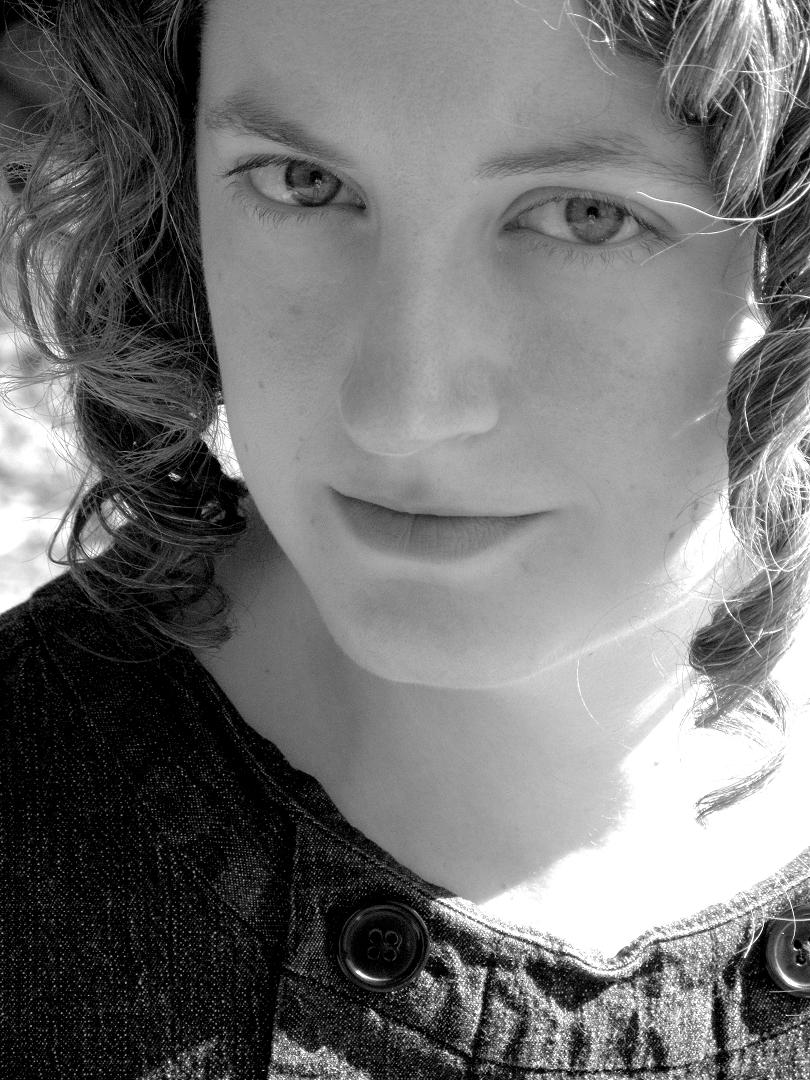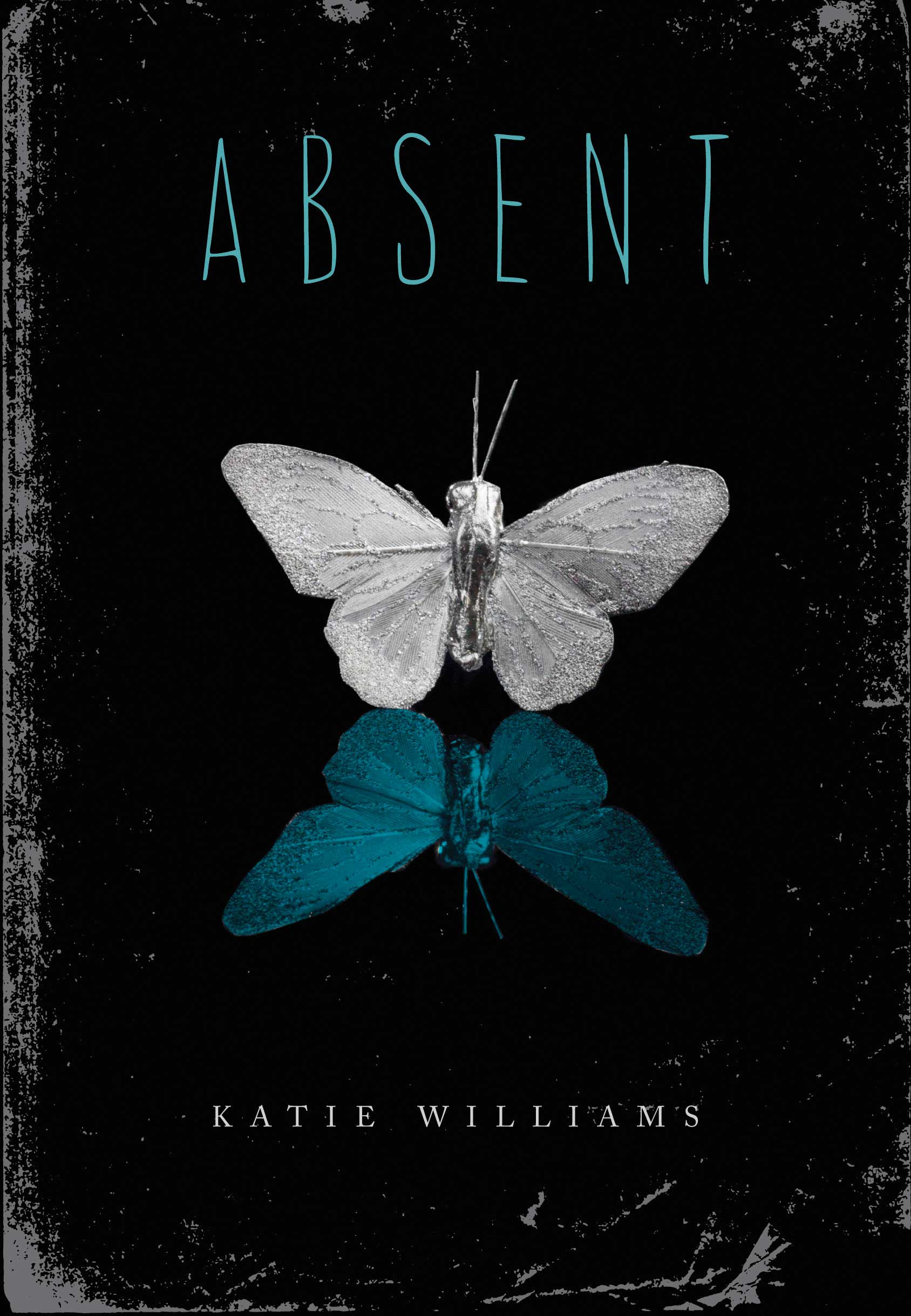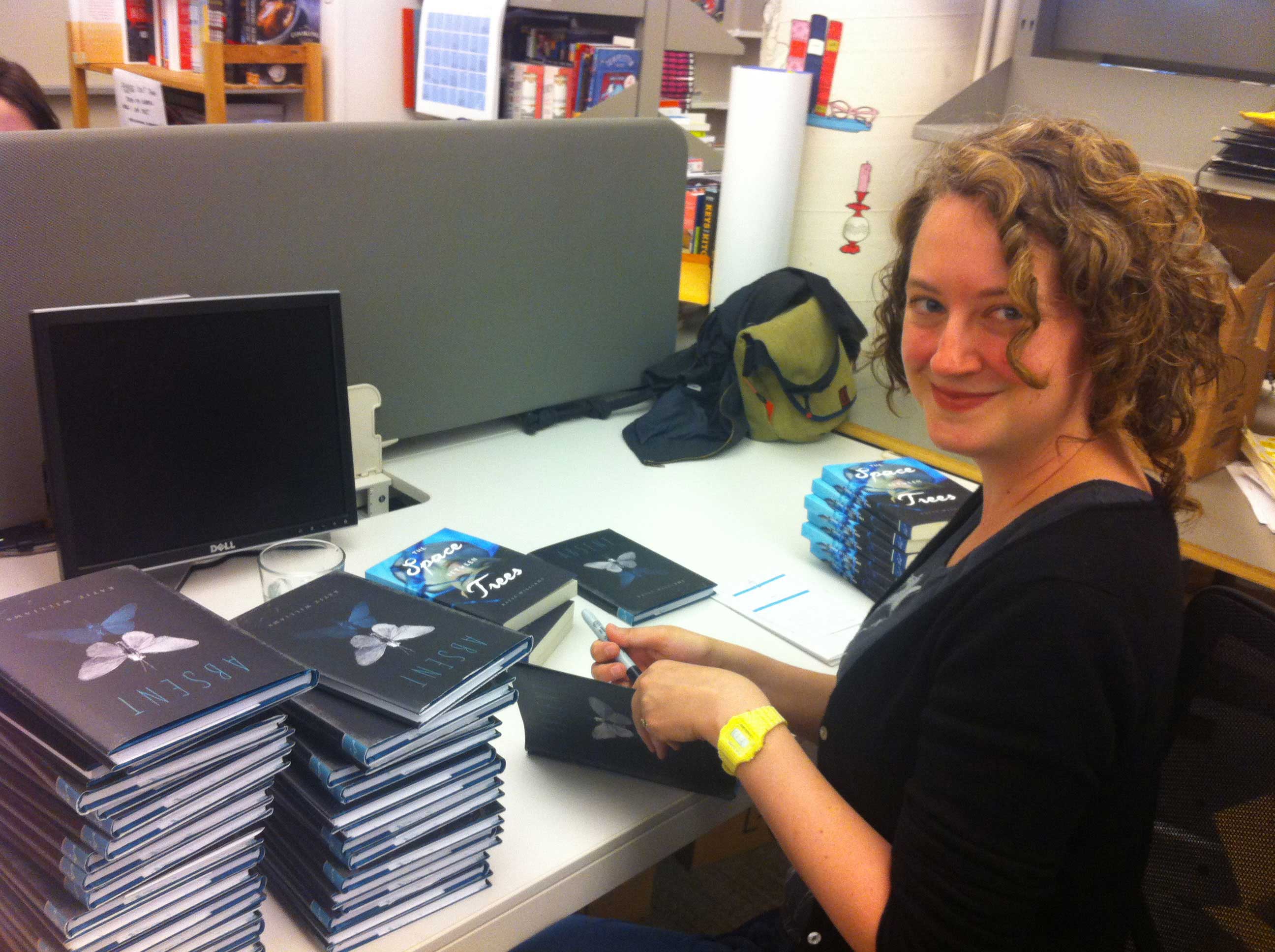 Katie Williams is the author of “Absent.” The following is a complete transcript of her interview with Cracking the Cover.
Katie Williams is the author of “Absent.” The following is a complete transcript of her interview with Cracking the Cover.
Have you always wanted to be a writer?
Nope. When I was a kid, I wanted to be a veterinarian. (I still love animals!) I’ve always loved to read, though, and I started writing short stories when I was in high school. Then, I took my first creative writing class in college, and it was a done deal.
Why write for young readers?
My main characters are often children or young adults, and my prose is pretty sleek, so I suppose it’s a natural fit. For me, it’s an honor writing for young adult readers because that’s the time when I think you truly start to own the fact that you’re someone who’s always going to love books.
Where do your ideas come from? Specifically for “Absent”?
My ideas come from lots of places—things I see or overhear, past experiences, other authors’ novels and stories, purely from my imagination. My teacher Charlie Baxter gave me the most useful tip for generating story ideas: You close your eyes and allow an image to rise up in your mind. It can be anything; let’s say footprints in the snow. Then, you ask yourself questions about this image: Who left those footprints? Where were they headed? The story will come from your answers.
I used this technique for Absent. I was curious about the idea of writing a story that took place in a confined space—I love boarding school stories and locked-room mysteries—and so I closed my eyes and saw an image of kids after hours in an empty high school. I asked myself: What are they doing there after school is closed for the day? And then I thought, Maybe they’re dead.
 The opening of “Absent” is sad and dark. How did you get to that place?
The opening of “Absent” is sad and dark. How did you get to that place?
The prologue is the first thing I wrote, and it was really my bridge into the story. I wanted to start with something I’d explored in The Space Between Trees, the community’s reaction to a death, this swirl of voices. So in the prologue we get everyone else’s ideas—”Death is this. Death is that.”—recounted by the one person who actually knows what death is. This is where I found Paige’s voice.
What is it about ghosts that fascinates people?
It’s like Absent‘s prologue: We don’t know what happens after we die; we can only guess. Ghost stories help us deal with our anxieties around our own mortality, and I think ultimately they try to teach us not to waste our lives worrying about what comes after. I actually wrote a guest post about this topic earlier in the blog tour!
What makes “Absent” stand out among its contemporaries?
Gosh, I don’t want to compare. Since paranormal is so popular right now, how about I say this: When writing Absent, I didn’t want the ghost aspect to be gimmicky or trendy. I wanted to tell a story about real-life emotions and experiences, and using the ghost world was my way to do this. I hope readers aren’t just entertained by the plot or dazzled by the supernatural, but that they actually feel something for the characters’ experience. I think I got there, but you all should read Absent, and let me know if I did. J
What are you working on now?
I’m working on two projects right now: This first one is a low-magic fantasy set in the late-1800s American West about a woman who writes correspondence for mail-order brides. Next in line is a near-future science fiction about a girl who’s chosen to star in a reality TV show that allows viewers to experience the sensations and emotions of the cast members.
 Looking back, how has your writing evolved?
Looking back, how has your writing evolved?
The biggest lesson has been how to make plot and character work together. I’ve also learned not to write the stories I think I should be writing, but rather to write the stories I’m actually interested in writing. They turn out a lot better that way. Who knew?
Is there a book from your own youth that still resonates with you today?
Well, I just reread The Westing Game and loved it all over again!
I spent a lot of my own YA reader years devouring adult horror novels and mysteries, and that idea of genre—a well-told tale with recognizable hallmarks—definitely informs my writing today. I’d love to write a book in every genre, but I like to twist the conventions, too, to play around with them, and to always place character first.
